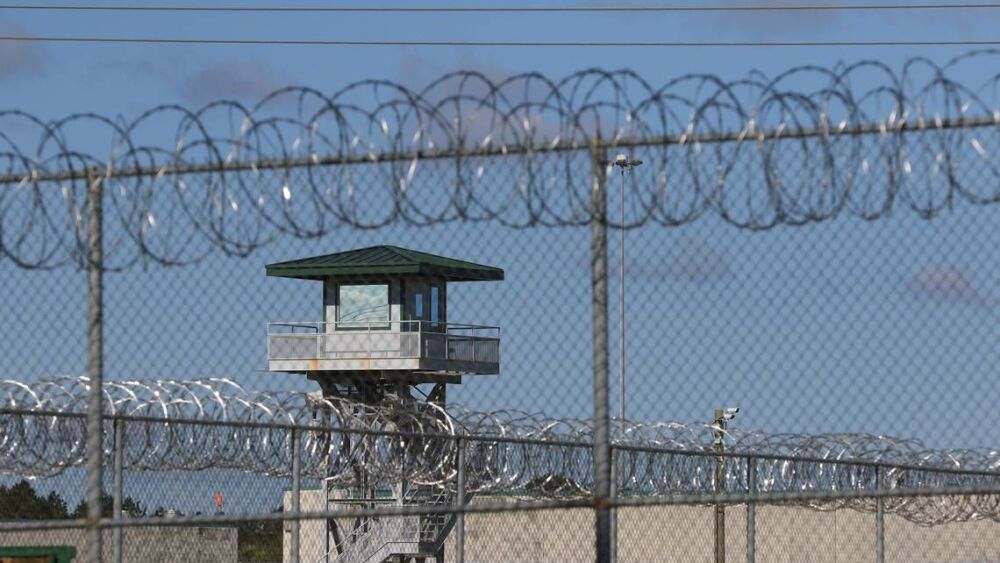By Nathan Clark
mlive.com
LANSING, Mich. — Some prisoners incarcerated by the Michigan Department of Correction could have a shot at reducing the length of their prison sentence if they actively work and succeed at improving themselves while imprisoned.
Lawmakers introduced a new bipartisan bill in the state Senate Tuesday, May 7, that would create “productivity credits” in the state prison system, allowing some prisoners a chance to earn days off their total sentence if they participate and successfully complete MDOC-approved educational and vocational programs.
“Productivity credits incentivize prisoners to rehabilitate and lead meaningful lives after their time is served,” Sen. Jeff Irwin said in a statement. “The Safer Michigan Act will enable rehabilitation programs that are proven to reduce recidivism while also requiring additional safety measures to be put in place for past victims of crime. I’m proud to stand by thousands of crime victims, as well as law enforcement, business leaders, and faith groups in Michigan, who have already voiced their support for the Safer Michigan Act.”
The bill is currently referred to Committee On Civil Rights, Judiciary, and Public Safety for review.
The credits are deducted from a prisoner’s minimum and maximum sentence to determine their parole eligibility date and discharge date.
Prisoners can earn productivity credits in a variety of ways under the bill. Earning a high school diploma, a high school equivalency certificate or a high education degree would earn a prisoner 120 days credit. Completing an educational or vocational training program could earn a prisoner 90 days credit and prisoners could earn up to 20 days credit for each month a prisoner maintains enrollment in an educational, vocational or other program recommended by MDOC.
No credits will be awarded for a month a prisoner is found guilty of committing any major misconduct.
Irwin was one of several state senators who introduced the bill.
Joining Irwin in introducing the bill are senators Erika Geiss, D- Taylor; Ed McBroom, R- Waucedah Township; Stephanie Chang, D- Detroit; Sue Shink, D- Northfield Township; Sylvia Santana, D- Detroit; Mary Cavanagh, D- Redford; Paul Wojno, D- Warren; and Rosemary Bayer, D- West Bloomfield.
The bill, if passed, will not be retroactive and will not be applicable for all prisoners.
Prisoners who are not eligible for productivity credits are prisoners sentenced to life without the possibility of parole, prisoners convicted of murder or criminal sexual conduct and prisoners assigned a housing classification of class V and VI, given to violent and high-security prisoners.
“If we are going to reduce crime, we must stop repeat crime,” McBroom said. “Prisoners who complete productivity credits are better prepared to return to their communities as engaged, employed members of society who do not re-offend and create new victims. This program offers a strong incentive to complete programming that has been proven to reduce reoffending.”
The new bill could come in conflict with a 1978 ballot proposal to end the awarding of “good time credits” for inmates displaying good behavior. About 75% of Michigan voters approved it.
In 1998, the state legislature adopted the Truth in Sentencing law, which requires prisoners to serve their entire minimum sentence before being considered for parole.
The state House of Representatives introduced productivity credits in 2023 as House Bill 4450. It has been referred to the Committee on Criminal Justice.
—
©2024 Advance Local Media LLC.
Visit mlive.com.
Distributed by Tribune Content Agency, LLC.


